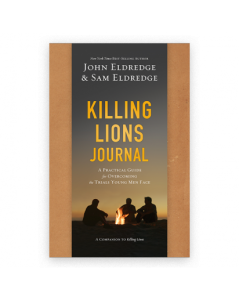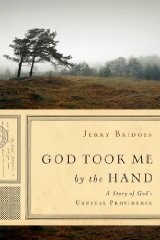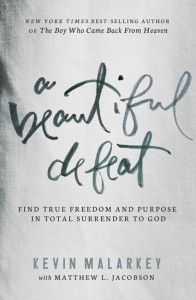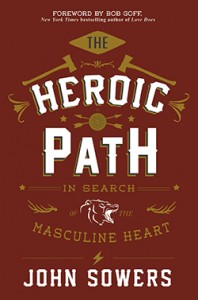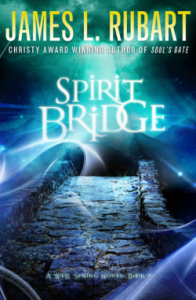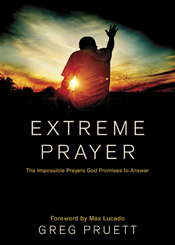Erin Healy discusses her latest novel, “Motherless.”
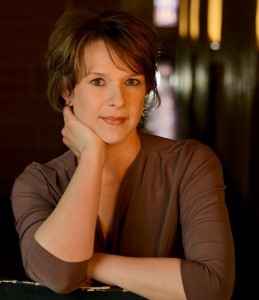
Photo courtesy of Erin Healy
Erin Healy’s latest novel, “Motherless”, was released a few weeks ago. Being a keen supporter of Erin and her work I was delighted she was willing to respond to a few questions I posed her.
There is also the opportunity for two readers to win a copy of Motherless. More on that at the end of this post.
Introducing Motherless
The tale of two young adults trying to solve the mystery of their mother’s seventeen-year-old suicide.
A whispering voice at the back of my mind reminds me that I’ve been this way for some time. Dead, that is.
The dead have a very broad view of the living, of actions performed out of sight, of thoughts believed to be private. I would know. Losing both parents is a trial no child should endure, and Marina and Dylan have endured enough. They deserve the one thing I could never give them: a mother’s love.
A mother’s love, and the truth.
My children have believed a lie about me for years and years. After all this time I can still feel their hurt in my heart. But the tether holding me to them is frayed from years of neglect . . . and I have to find a way to make my confession before it snaps.
But when the truth comes out, what other beasts will I unleash?
“Why do we lie to the children?” someone asked me once.
“To protect them,” I answered.
How terrible it is that they need protection from me.

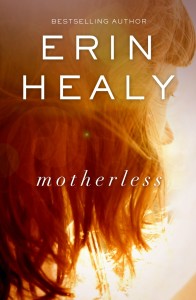
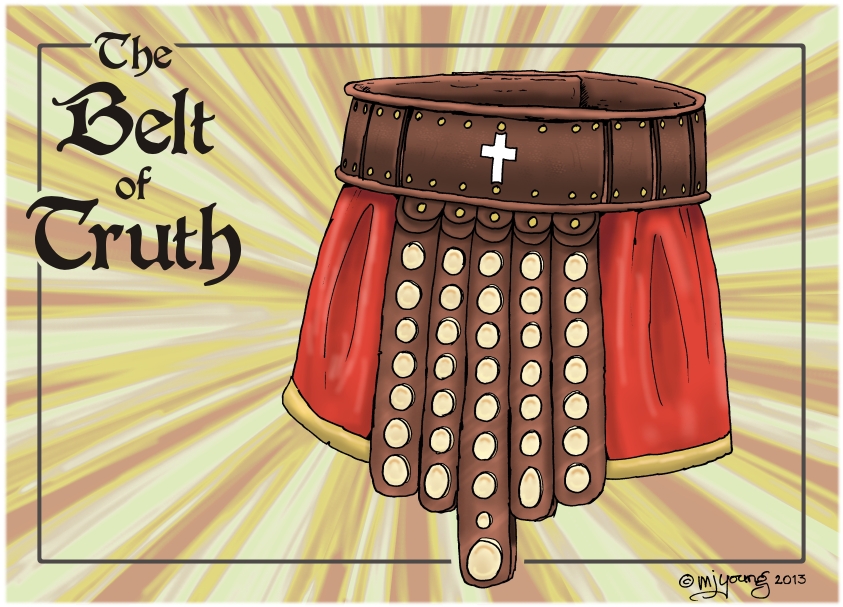
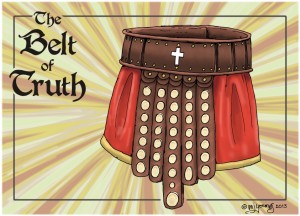
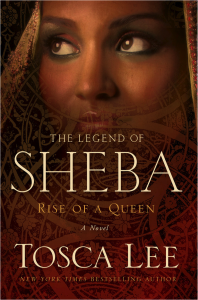
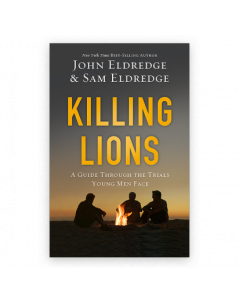 It was very special to be able to ‘participate’ in a conversation between a son and a father as they chatted about the key matters that impact a man’s heart.
It was very special to be able to ‘participate’ in a conversation between a son and a father as they chatted about the key matters that impact a man’s heart.